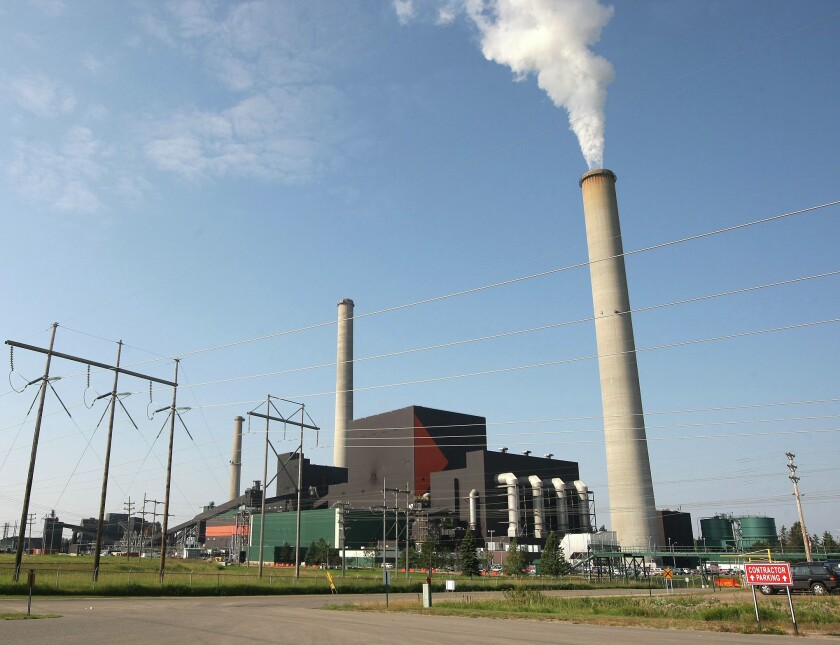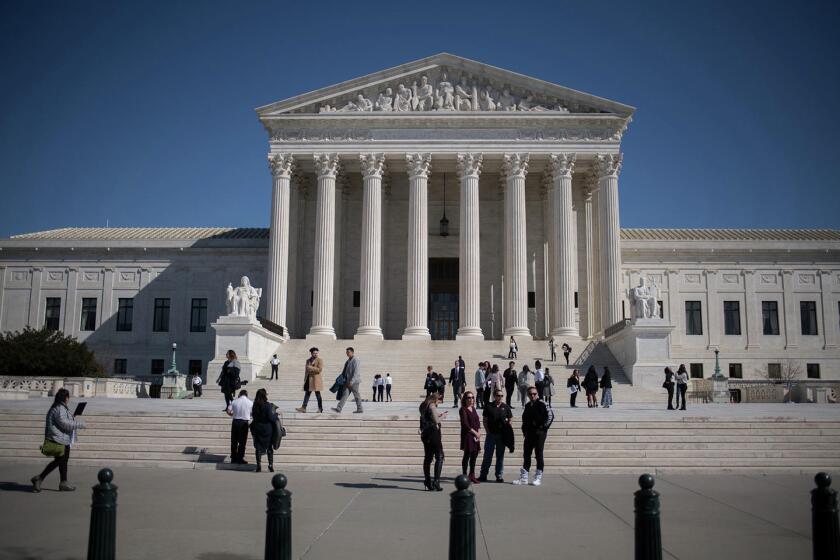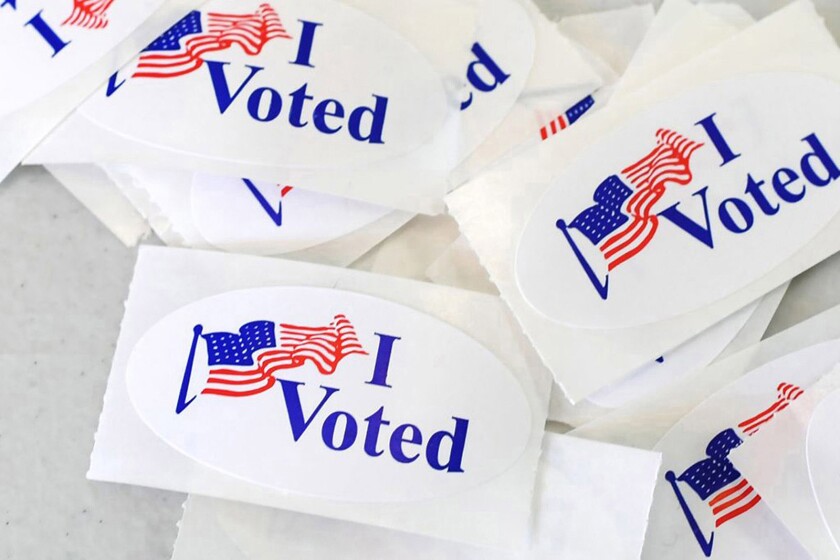ST. PAUL — Republican candidate for Minnesota governor Scott Jensen on Thursday rolled out his plan to support “many traditional bedrocks” of northern Minnesota’s economy, including mining and the timber industry, and reduce regulatory burdens to industries.
The Jensen campaign called for supporting copper-nickel mining in northern Minnesota, a controversial practice that could bring many high-paying jobs to the region but threaten to pollute its water resources. Other policies included supporting the timber industry and ending what he called regulatory “micromanagement” of forests.
“I want the people of northern Minnesota to understand that I am 100% in their corner on making sure that their way of life and families are protected,” Jensen said in a statement on the plan. “You cannot have a bigger contrast with Tim Walz and myself than on the issue of promoting and protecting our jobs, especially mining. Tim Walz wants to regulate the profession to death, and I want to let miners mine.”
Jensen made an appearance in the Iron Range cities of Virginia and Eveleth on Thursday along with U.S. Rep. Pete Stauber, a Republican from Hermantown representing the 8th Congressional District, to promote mining. Jensen's plan also includes tax incentives for economically struggling areas and proposed trade training programs.
Democratic-Farmer-Labor Gov. Tim Walz has not said he opposes granting permits for mining projects in northern Minnesota, but has stood by the extensive permitting and environmental evaluation process required for new mines.
ADVERTISEMENT

In Tuesday’s televised gubernatorial debate , Walz offered a less-than-specific answer about the proposed Twin Metals copper-nickel mine near the Boundary Waters Canoe Area Wilderness, which the Biden administration revoked permits for in January. The decision overturned the Trump administration’s renewal of federal mineral leases in 2019.
Asked if he would support the Twin Metals mine if the federal government reinstated permitting for the project, Walz said he would follow federal environmental guidance but did not directly answer the question. Jensen said he would back the project.
New mines in Northeastern Minnesota have not enjoyed majority support in the state in recent years, with a 2020 Minnesota Public Radio/Star Tribune poll showing 60% of Minnesotans opposing new projects near the Boundary Waters.
Walz made a stop on the Iron Range earlier in October, meeting with two employers to highlight investments expanding job opportunities in the region. Stops included solar equipment manufacturer Heliene USA in Mountain Iron and U.S. Steel’s Keetac mine in Keewatin, which recently announced it would be getting a $150 million upgrade to its taconite pellet production capabilities.
Other environmental and regulatory issues in Jensen’s plan include a pledge not to interfere with pipeline projects. The Walz administration sued to block Enbridge’s controversial Line 3 replacement project in 2019, though the governor later expressed support.
“I think I have a very progressive environmental record, but I’m also a realist, and we need to move oil, and we need to move it safely,” Walz said in a 2021 interview with the Duluth News Tribune Editorial Board. “So, I said, we are going to replace an aging pipeline because that's what the law says. (The project has) stood up in court.”

Jensen in his plan also backed the continued operation of the Boswell Energy Center, a coal-fired power plant in Cohasset in Itasca County, northwest of Grand Rapids. Operator Minnesota Power is set to shut down one coal-fired generator by 2030 and convert the other to non-coal by 2035. But state regulators have suggested the utility retire the coal plants five years earlier.
Beyond regulatory and environmental issues, Jensen’s plan includes promoting capital investments in areas suffering economic hardship, as well as providing tax credits for job creators and creating tax-free zones to promote economic development. The plan also calls for partnerships between K-12 schools, state colleges, unions and employers to create a pipeline for workers interested in trades.



















